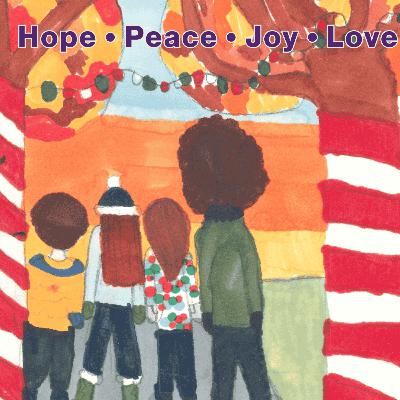
Daily Advent Devotional
Author: Phillips Seminary
Subscribed: 9Played: 228Description
Phillips Theological Seminary is once again providing this Advent Devotional for you and congregations. We continue to be blessed by the response to the booklet and the way that it is used. Many have shared that you use the booklet to assist with sermon preparation, in church small groups and Sunday school classes, as a daily congregation-wide devotion, and for personal and family devotion time. We have asked four writers to write on the theme for each week of Advent. We are so grateful for staff, scholars, and alumni that are willing to contribute to this devotional.
The writers are:
Week One, HOPE: the Rev. Dr. F. Douglas Powe Jr., President and Mouzon Biggs, Jr. Professor of Methodist Studies
Week Two, PEACE: the Rev. Mike Miller, Alum, Senior Minister at Marion Christian Church (Marion, Illinois)
Week Three, JOY: the Rev. Jenny Wynn, Director of Advancement
Week Four, LOVE: the Rev. Dr. Allie Utley, Assistant Professor of Liturgy and Practical Theology.
Our readers for this podcast are Ashely Gibson, Executive Assistant to the President and Board, and Matt Dean, Online Social Media Specialist. This year's cover graphic, The Path to Christmas, ws created by fourth grader Eden Berman.
We are grateful that you choose to join us in reflection and thoughtfulness by reading the Advent Devotional.
In Gratitude,
Malisa Pierce
Assistant Vice President of Advancement
Hosted on Acast. See acast.com/privacy for more information.





